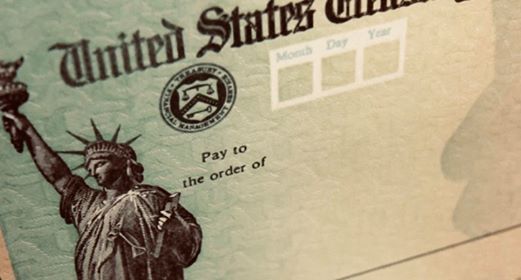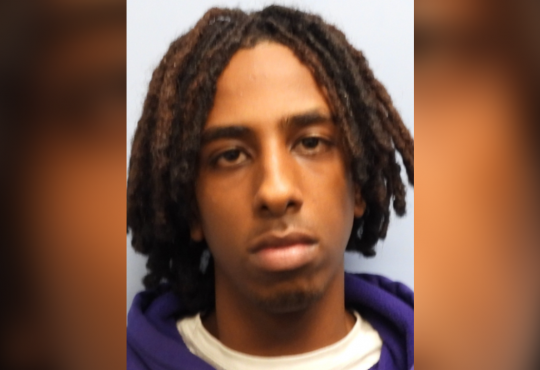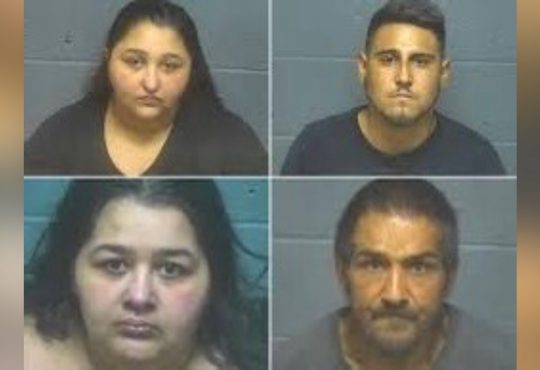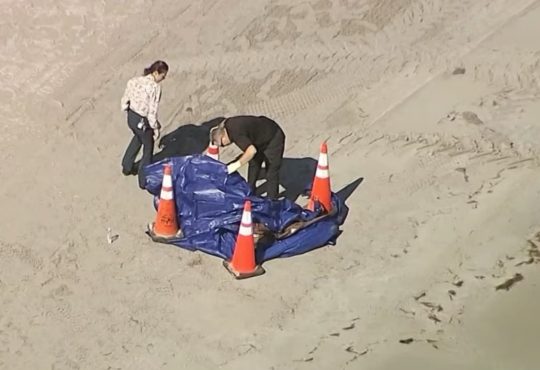
Many Americans are shocked to find that the IRS are sending out twelve-hundred dollars to many deceased family members.
Twenty- nine hundred Billion dollars have been distributed into the bank accounts of millions of Americans in the past week as a part of a two trillion dollar CARES Act stimulus bill.
A republican from Kentucky, Thomas Massie, said on Wednesday, a friend texted and told him that his deceased father of 2018 had received a stimulus check for twelve hundred dollars.
Adam Markowitz, a Florida Tax preparer, has seen many examples among his clients being sent stimulus checks to their deceased family members the past week. He refused to talk more about VIA client confidentiality, although he did share with us that the money fully belongs to the family.
Although once you have received your check, it is best to understand the guidelines of how such an occurrence can happen.
The IRS bases the eligibility and the total amount, judging by the income from the 2019 tax returns. And for those who don’t know, that is the returns being filed in the current tax season that will be ending on July fifteen.
And for those who did not file their 2019 tax returns, The IRS will use your 2018 tax return. “If a taxpayer filed jointly with a deceased spouse in 2018 and has not filed a 2019 tax return yet, the IRS likely has no safeguard in place to ensure that it won’t make that payment to someone who is no longer with us”, stated Markowitz.
And for all those who are single filers with a set amount below seventy-five thousand dollars will automatic twelve hundred payments. And for those who are married and make a set income below fifteen hundred thousand dollars, they will receive an automatic twenty-four hundred dollar check. And as we all know children under seventeen the government will send a five hundred dollar check for them.
The top goal of the stimulus bill is to provide quick cash to business and consumers, not complete precision, according to Nicole Kaeding, the vice president of policy promotion at the National Taxpayers Union Foundation as well as economist, a right- learning tax think tank.
“An important provision of the {Coronavirus Aid, Relief, and economic Security] act, as it relates to these checks , is that if the IRS sends you too much money, you do not need to pay it back. It is considered a clerical or math error on behalf of the IRS. And that’s important because they were trying to issue these checks quickly.” Stated Kaeding.
Although there are some of those who did not qualify to receive money and the IRS knows this as well, “some people will receive money even when they didn’t qualify, but expedited processing was their number one concern.”
Comments were not immediately responded to by the IRS and The Treasury Department.
But the real eye opening question was “the opposite situation, where someone didn’t get enough,” stated kaeding.
Lets day for instance a woman missed out on five hundred dollars because she recently had a baby after she had filed her 2018 tax return and hasn’t done her 2019 tax return yet.
“The IRS would not include the child in their check , however the child would qualify,” Kaeding noted.
Many tax experts are waiting for the response on such a scenario from the Treasury Department guidance.






